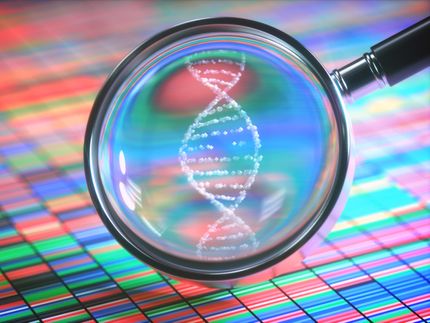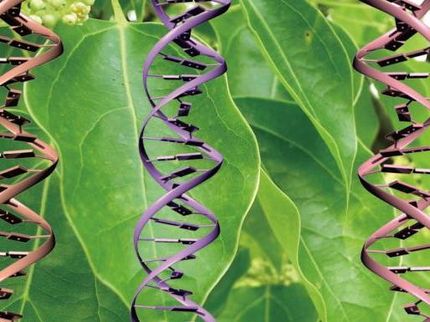Affymetrix Genotyping Arrays Identify Chromosomal Changes Not Detectable by Comparative Genomic Hybridization
Genetic studies on cancer and other developmental disorders presented at European Society of Human Genetics Meeting 2004 in Munich, Germany
Advertisement
Santa Clara. Affymetrix, Inc., announced that scientists at the European Society of Human genetics Meeting 2004 (ESHG 2004) presented a series of studies using GeneChip® Mapping 10K Arrays to identify mutations in certain cancers and developmental disorders. These microarrays enable scientists to simultaneously genotype and characterize chromosomal abnormalities, including amplifications and deletions in tumors, in previously unattainable detail.
Disrupting even small segments of a chromosome can have devastating effects on human development, but identifying and characterizing those regions has been a difficult challenge for geneticists. Previously available tools included either genotyping relatively few markers or measuring comparative genomic hybridization (CGH) over relatively large regions. The Mapping 10K Array offers both genotype and chromosomal copy data at higher resolution with over 10,000 SNP genotypes per sample.
"Over the last year, we have been using the Mapping 10K Array to identify regions of chromosomal amplification, deletion, and loss of heterozygosity in the same experiment, resulting in multiple publications" said Dr. Matthew Meyerson, Assistant Professor of Pathology, Dana Farber Cancer Institute. "GeneChip array-based genotyping has significantly strengthened our ability to identify cancer causing genes, and molecular rearrangements that correlate with clinical outcomes." Meyerson and colleagues have recently published their cancer findings in the May issue of Cancer Research.
At this month's ESHG 2004 meeting, researchers at the Institute for Clinical Genetics and University of Greifswald, Dresden, Germany, reported using the Mapping 10K to identify chromosomal deletions present in cancer cells and solid tumors. The researchers were able to detect deletions up to 10 times smaller than previously possible using spotted microarrays and CGH.
Researchers from the Friedrich-Alexander University, Max-Delbruck Center, and Affymetrix reported using the Mapping 10K Array to study chromosomal amplifications and deletions that cause mental retardation. Using the array, the group was able to quickly identify small regions of DNA deleted from chromosomes. With current techniques, only a fraction of these genetic aberrations might have been detected.
Also presented at ESHG, a group from the Department of Medical Genetics at Tuebingen and Institutes of Human Genetics at Essen and Aachen, Germany used the Mapping 10K Arrays to identify developmental disorders that occur when one parent contributes both copies of a chromosome to a child. Conventional analysis methods show the normal number of chromosomes even though developmental complications often arise when both chromosomes originate from one parent. Comparing genome-wide SNP genotypes from child to parent, the research group used the Mapping 10K Array to successfully identify duplicated chromosomes responsible for debilitating diseases like Prader-Willi Syndrome, Angelman Syndrome, and Silver-Russell Syndrome.
"We're very excited to see researchers use our Mapping 10K and 100K Arrays in these enabling applications," said Greg Yap, Senior Marketing Director, DNA Analysis of Affymetrix Inc. "The Mapping 10K Array has become a definitive solution for identifying disease genes in genome-wide linkage analysis studies, with over 15 publications since its launch less than a year ago. Researchers are now using these high density arrays to measure both genotype and chromosomal change simultaneously. This gives researchers the power to better characterize genetic changes in cancer and other diseases."
Whole genome genotyping products currently available from Affymetrix include the GeneChip Mapping 10K Array and the Mapping 100K Set. Also discussed at this year's ESHG meeting, Affymetrix presented data on the Mapping 100K Set and data on Affymetrix' development of freely available algorithm tools for customers to assess copy number changes and genotype data from the Mapping 10K and 100K Arrays.
















































